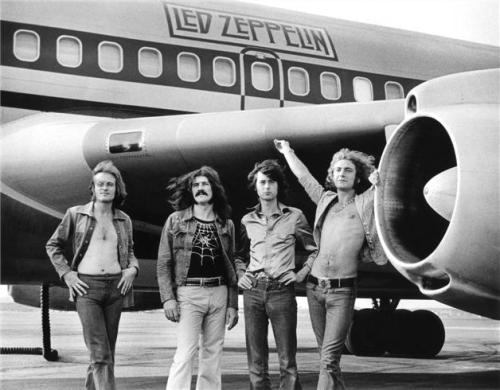
First came Definitely Maybe of course, which is a great album, so good I don’t feel capable of writing about it just yet. But as everyone knows, it’s something of an anomaly in the Oasis canon. The artistic standards are consistently high, the lyrics are pretty good on the whole (sometimes exceptional) and, crucially, for all the rock classicism, it mostly sounds like it was released in 1994, which is the year it was actually released in. Contrastingly, all of Oasis’ subsequent records sound like archeological fragments from bygone epochs. It isn’t quite as if you could say that Heathen Chemistry (in actual fact released in 2002) sounds like an album made in 1969, more as though the record has emerged from some bizarre Terry Gilliam-like alternative universe in which history has collapsed, and a sinister dystopian government is trying to confuse the populace with a horrible machine that sounds like 1980 one minute, 1965 the next, then 1976, then 1989, and so on and so forth. Put another way, Heathen Chemistry is, in common with all the other post-Definitely Maybe offerings, a quintessential postmodern record. Oasis were the band the postmodern age deserved, right enough.
The incredibly culturally damaging/boring process was initiated in earnest with their 1995 long-player What’s the Story Morning Glory? a work for which the epithet ‘zeitgeist-defining’ hardly seems adequate. From the Austin Powers-esque, pseudo-retro-nonsense of the title downwards, this is an album which establishes new standards of anti-meaning. Gary Glitter somehow manages to turn up on opening track ‘Hello’, which sets the tone for the rest of the record, an hour-or-so in which childish inanity is driven to such a peak of intensity that paedophilic is perhaps the only word. Continue reading

